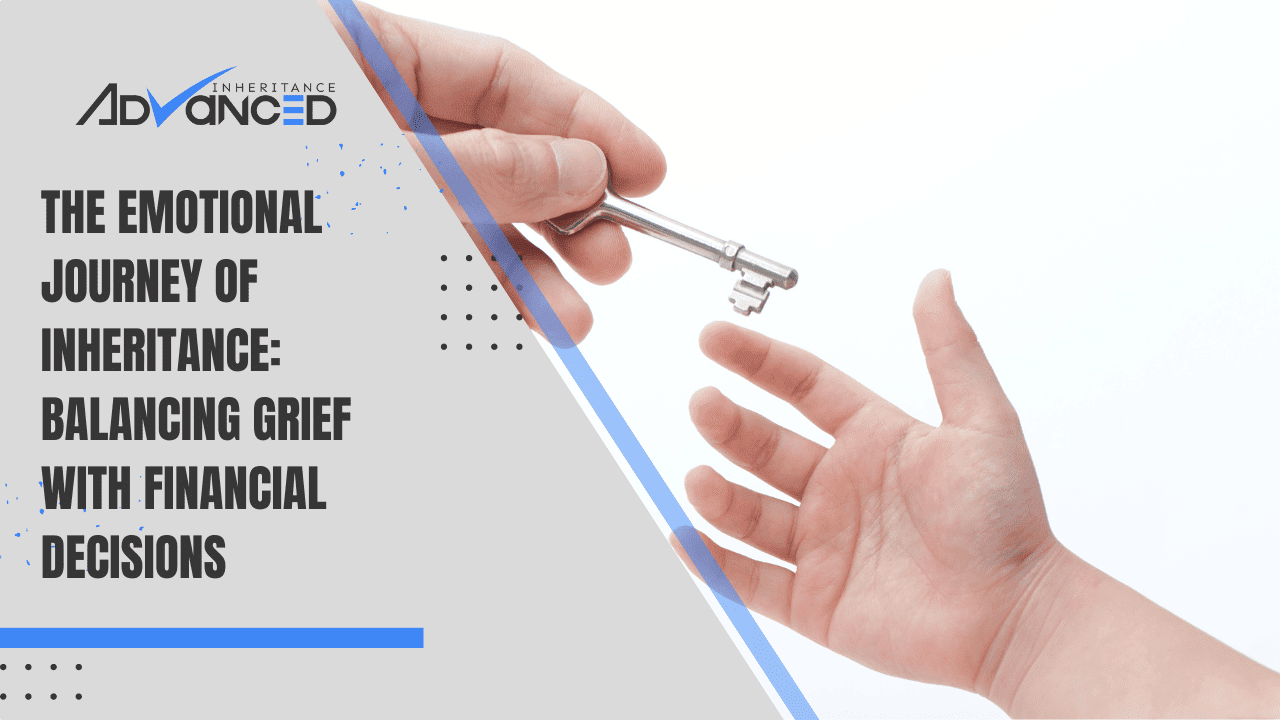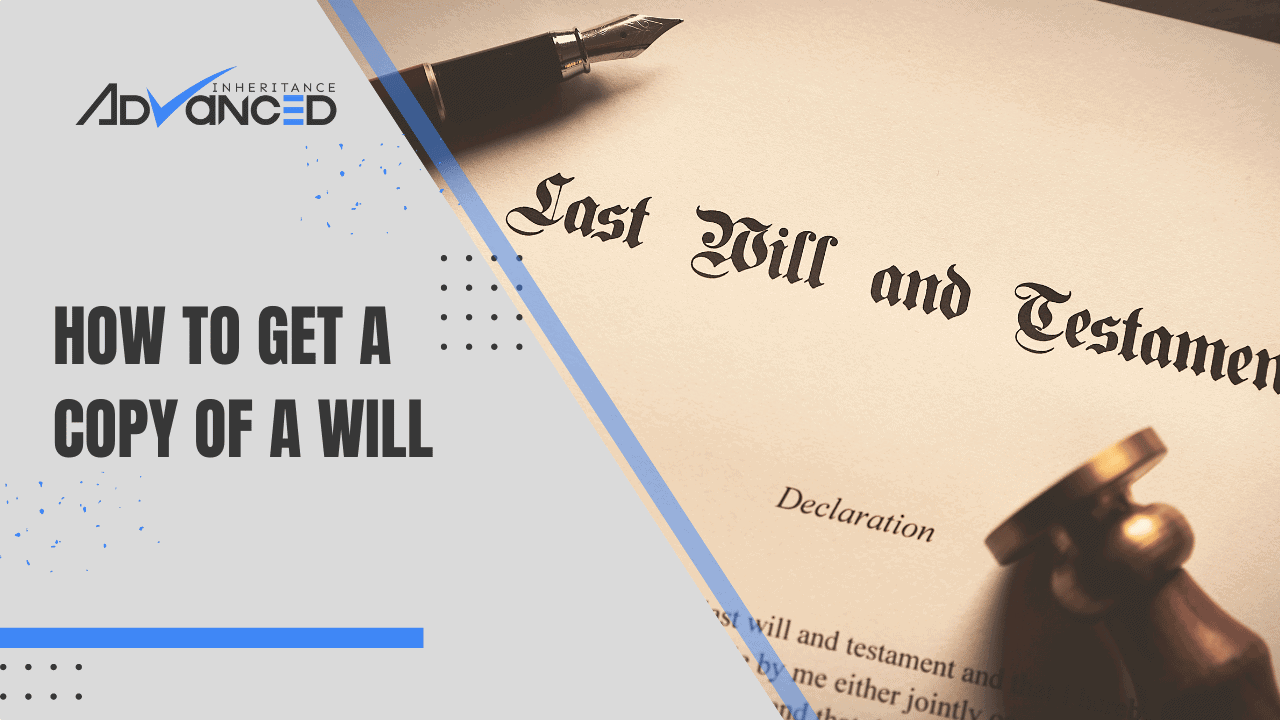A last will is a legal document that specifies what happens to an individual’s possessions after they pass away. Most estates are subject to probate, a legal process that verifies a will and distributes assets according to its terms. The probate court is where members of the general public can obtain a copy of the will.
Table of Contents
Are Wills Public Record?
Wills are frequently intended to be highly private documents. Still, once the testator — the individual to whom the will belongs — passes away, they are included in the public record and can be seen by anybody. Before that time, they did not constitute legal documents and were considered the testator’s private property.
Wills must often be submitted to the court as a probate process. However, there are a few exceptions to this rule. While in the custody of the court, Wills immediately begin the process of being processed via the probate system, where they are eventually filed and made accessible to the general public.
Struggling To Get Your Inheritance?
What Happens When A Will Is In Probate?
The estate executor must submit the will to the court that handles probate. Time limits for submitting a will following a person’s death can vary from one state to the next. The probate process begins once the will is filed.
Probate is a court-supervised process that verifies the validity of a will and establishes its legitimacy as the decedent’s legally binding final legacy. The executor named in a will is given legal authority to carry out the deceased’s wishes after being formally appointed by the court.
How Do I Find A Will In The Alabama Courts?
An individual may inspect and/or request copies of a will that has been probated per the state’s Open Records Request Policy (Code of Alabama 1975, Section 36-12-40). A will that has been probated can be viewed in county courthouses. In most cases, this won’t cost you a dime, though getting copies of the record you’re interested in might.
If the will is unavailable, it may be because certain information is protected from disclosure. Anyone can view the documents submitted to it, including information about the estate’s executors, the attorney they engaged, and the probate judge.
When Is Probate Unnecessary In Alabama?
According to Alabama probate laws, If all of an estate’s assets are placed in a living or family trust, then the estate won’t have to go through probate proceedings. Probate is not required for the transfer of ownership of any assets that are left straight to beneficiaries because the process takes place without human intervention. Included in this category of assets are life insurance plans that have a designated beneficiary.
How We Can Help You
Probate proceedings are a process where the beneficiaries must undergo an investigation of the estate of an individual who has passed away. We will provide you with the best possible loan and advance option while your case is in progress to meet your financial needs and help you avoid the burden of probate proceedings.
Sources:
https://probateadvance.com/alabama-probate-laws/
https://www.ascentlawfirm.com/is-a-persons-will-public-record/
https://legalbeagle.com/12716866-are-wills-public-records.html









